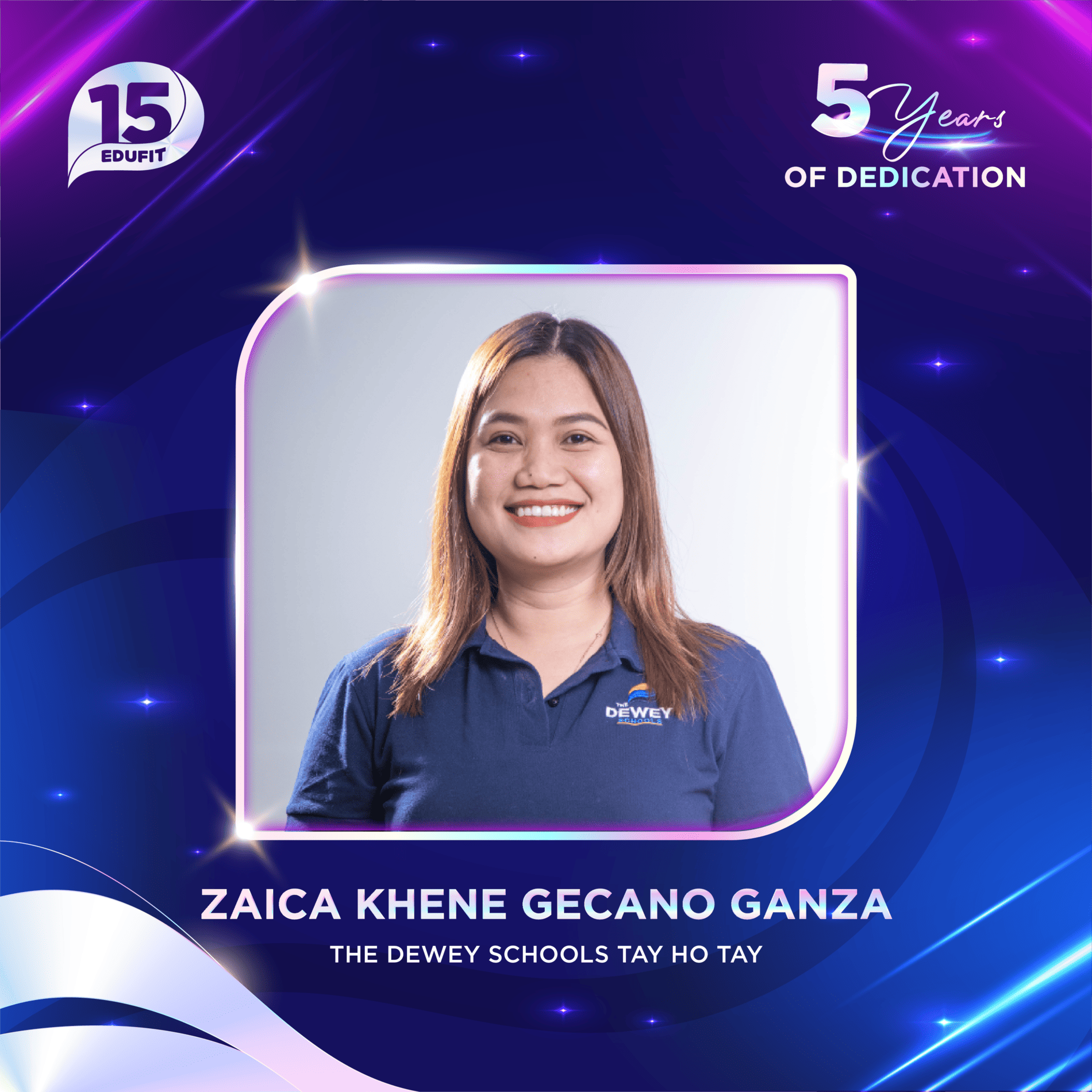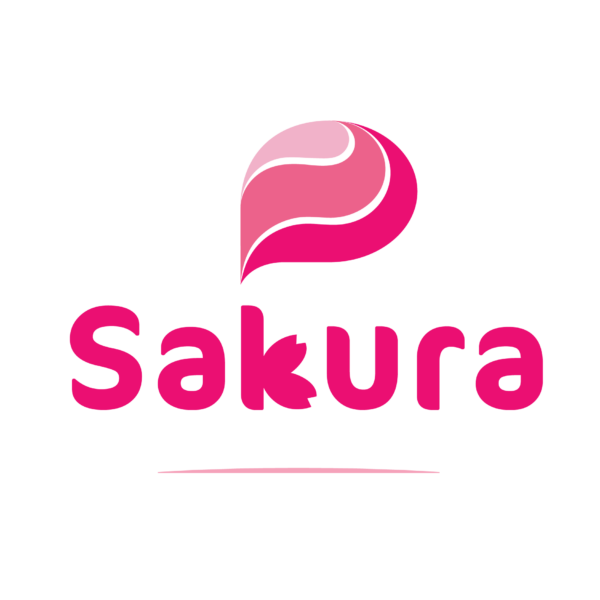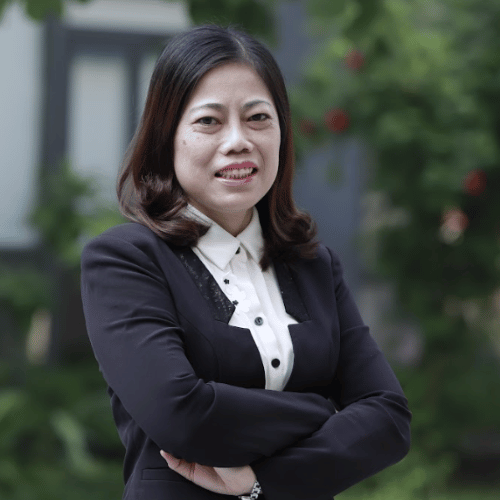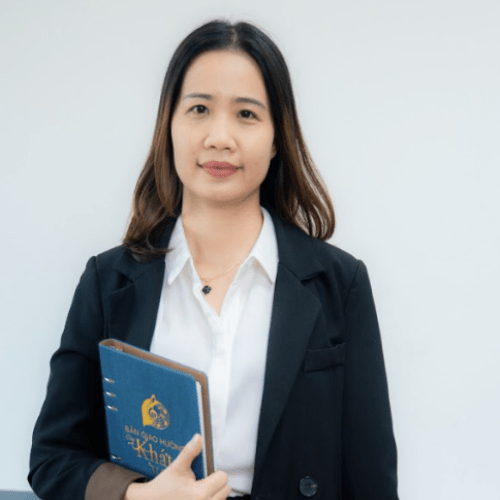Choosing the right school is one of the most important decisions you’ll make for your child’s education and future. If you’re considering an International Baccalaureate (IB) school, it’s vital to ask the right questions to ensure the school aligns with your family’s values, your child’s needs, and educational goals.
The IB program is globally recognized for its rigorous curriculum, focus on critical thinking, and holistic development. But not all IB schools are the same, so here’s a guide to the most important questions to ask during your search.
1. Is the school fully authorized by the IB organization?
IB authorization is a rigorous process that ensures the school meets the high standards required to deliver IB programs effectively. Ask if the school is authorized to offer the IB Primary Years Programme (PYP), Middle Years Programme (MYP), Diploma Programme (DP), or Career-related Programme (CP).
Why it matters: Only authorized IB schools can award official IB certificates and diplomas, ensuring quality and recognition worldwide.
2. What IB Programs Does the School Offer?
The IB offers four distinct programs for different age groups:
- PYP: Ages 3-12 (Primary Years Programme)
- MYP: Ages 11-16 (Middle Years Programme)
- DP: Ages 16-19 (Diploma Programme)
- CP: Ages 16-19 (Career-related Programme)
Find out which of these the school offers and whether your child can stay within the IB continuum from early years to graduation.
3. What Is the School’s Approach to IB Teaching and Learning?
IB philosophy emphasizes inquiry-based learning, critical thinking, and intercultural understanding. Ask how teachers implement these principles in classrooms.
- How experienced are the teachers with IB curricula?
- Are there ongoing professional development opportunities for faculty?
- How does the school foster independent learning and creativity?
4. How Does the School Support Diverse Learners?
IB schools aim to develop well-rounded students, but children learn differently. Ask about support for students with learning differences or English language learners.
- Does the school have specialized learning support or ESL programs?
- How are students with varied abilities integrated into the IB framework?
5. What Extracurricular and Community Opportunities Are Available?
IB education isn’t just about academics. It promotes a balanced development including creativity, activity, and service (CAS).
- What extracurricular activities, clubs, and service opportunities does the school offer?
- How does the school encourage community engagement and global citizenship?
6. What Are the School’s Facilities and Resources Like?
Inquiry and creativity thrive with the right resources. Tour the campus and ask about:
- Science labs, libraries, art studios, and technology access
- Outdoor spaces and sports facilities
- Support centers for academic and emotional well-being
7. What Are the School’s Class Sizes and Student-Teacher Ratios?
Smaller class sizes often mean more personalized attention, which is critical for the demanding IB curriculum.
- What is the average class size in each IB program?
- How accessible are teachers outside of class time?
8. What Are the Graduation Outcomes?
Graduation rates and university acceptance statistics reflect the school’s success in preparing students for the future.
- What percentage of students earn the IB Diploma?
- Which universities do graduates typically attend?
- Does the school offer college counseling or career guidance?
9. How Does the School Involve Parents in the IB Journey?
A strong school-family partnership supports student success. Ask how parents are kept informed and involved:
- Are there regular parent-teacher conferences and IB-specific workshops?
- How does the school communicate student progress?
- What support is offered to parents navigating IB requirements?
10. What Is the School Culture Like?
Finally, a school’s ethos and community spirit impact your child’s happiness and growth. Consider:
- Is the environment collaborative and inclusive?
- How does the school handle bullying or conflicts?
- Do students feel valued and supported?
Conclusion
Choosing the right IB school is about more than just curriculum—it’s about finding a community and environment where your child will thrive academically, socially, and personally. Use these questions as a guide to have meaningful conversations with school administrators, teachers, and parents to make the best decision for your family.
Ready to explore the IB curriculum at The Dewey Schools?
The Dewey Schools Tay Ho Tay is officially recognized as an IB World School for the IB Diploma Programme (IB DP) and is a candidate school for the IB Middle Years Programme (IB MYP). To experience the dynamic and distinctive learning environment at The Dewey Schools, contact us or schedule a visit today!


























